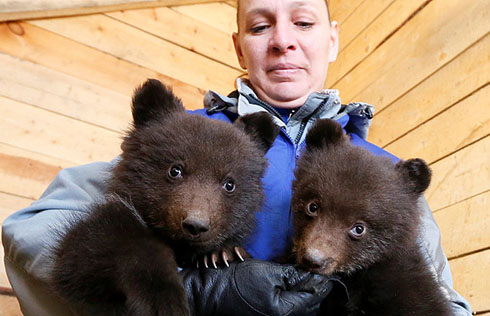Climate change alters global fishing landscape
VANCOUVER - Rising global temperatures are driving fish species towards cooler, deeper waters, making warm-water species increasingly dominant in global fisheries catches, a new Canadian study has found.
The study, conducted by researchers from the University of British Columbia and published in Nature this week, is the first of its kind to show that ocean warming has had a global impact on the composition of species caught by fishermen over the past four decades.
Previous studies indicated that some species are shifting location in response to temperature increases, with fish gradually moving away from the equator into cooler waters.
However, the new study showed that species from warmer waters have also been replacing those traditionally caught in many fisheries worldwide at least since 1970, according to the researchers.
"One way for marine animals to respond to ocean warming is by moving to cooler regions," ?said the study' s lead author William Cheung. ?"As a result, places like New England on the northeast coast of the US saw new species typically found in warmer waters, closer to the tropics."
These shifts could have several negative effects, including a large reduction in catch in the tropics, where water temperatures could exceed the preferences of many tropical species, the researchers said.
Additional impacts could include decreases in profits and jobs, conflicts over new fisheries that emerge because of distribution shifts, and food security concerns, particularly in developing countries, they said.























